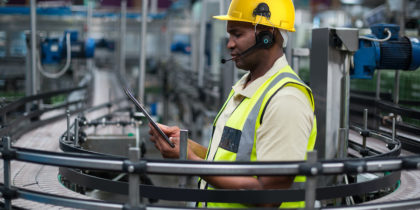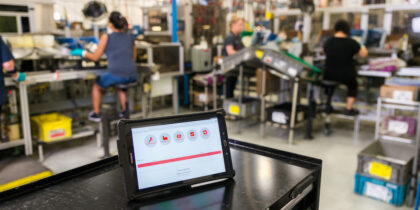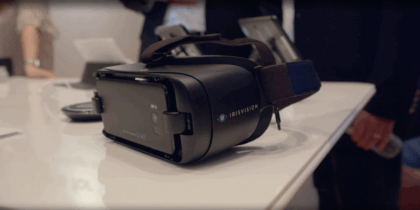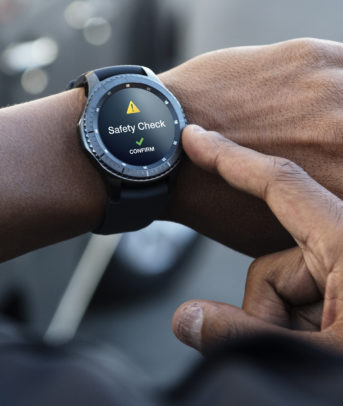Virtual reality is one of the most exciting emerging technologies, especially because of its many benefits in the healthcare space. From helping patients who spend a lot of time in hospital escape their current reality to providing a drug-free alternative to pain management, there are many patient-centric applications of VR.
But did you know VR can also be used to train medical students and future surgeons? A surgeon may be under pressure to master new skills, and there is always a learning curve. Training that gives a surgeon the most realistic view of the operation helps to accelerate mastery and reduce patient risks.
While at HIMSS this year, I spoke with Steve Dann, cofounder and chairman of Medical Realities, about how the VR-based surgical training platform is changing the way surgeons learn. Video content has been a core part of surgeon training for years, but VR is a more effective medium because of its ability to be more immersive and interactive than students watching a video on a standard television in a classroom.
“We actually did the world’s first livestreamed 360-degree operation, which was seen by 55,000 people around the world in 142 different countries,” Dann said. “Since then, it’s been downloaded more than 300,000 times.”
Medical Realities can create a dynamic operating “theater,” with multiple camera feeds — including laparoscopic and 3D close-ups.
“The future of surgical training is going to be what we call ‘simulation,'” Dann added. “[This is] where surgeons can actually do operations on simulated patients in virtual reality. But we’re [also] going to be able to throw curveballs in there, because when they’re doing an operation and something goes wrong, we want [doctors] to experience that, just like simulation training for pilots.”
This means if an issue arises during surgery, such as a blood pressure spike, the surgeons have already gone through this situation in a simulation and know how to react, rather than the actual surgery being the first time they’re experiencing a hiccup.
Learn more about the innovative solutions leveraging Samsung mobile technology that are changing healthcare as we know it.






